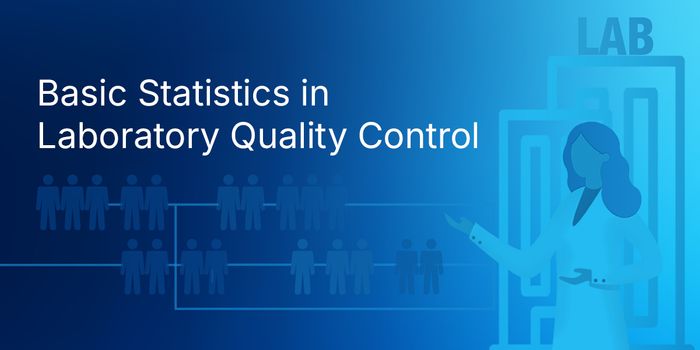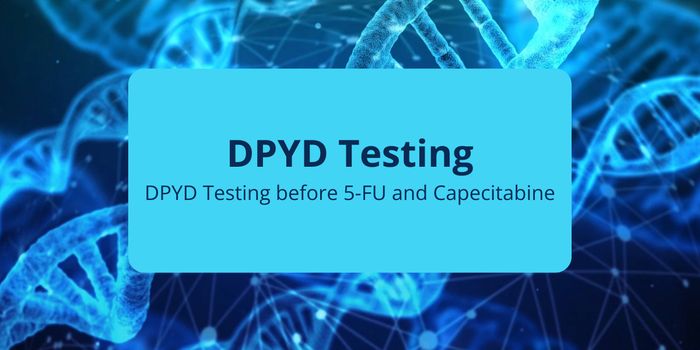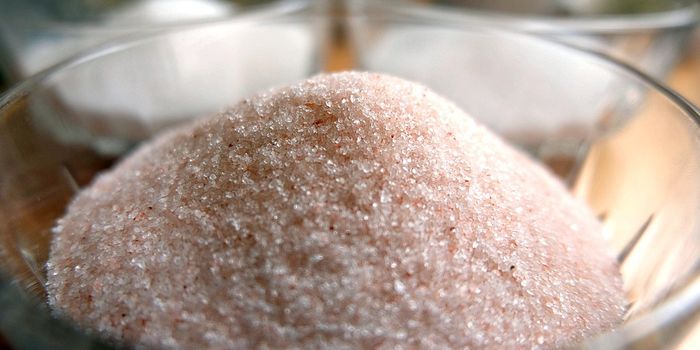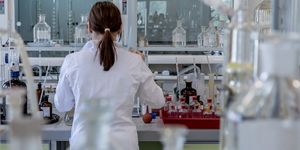Are Anti-Ebola Drugs Effective?
A deadly Ebola Virus Disease (EVD) caused by the Ebola virus triggers hemorrhagic fever in humans and some monkeys. The disease is highly infectious and is transmitted via wild animals to humans and then humans to humans. The virus has killed around 18,000 people in Congo, West Africa since last year. The 2018-2019 outbreaks of EVD are highly complex and is a severe threat to public survival.
Several clinical trial studies are leading to anti-Ebola virus treatments and are administered to patients in West Africa, the United States, and Europe. The net effects of most of the treatments are unknown as most of them are still in the clinical trial phase. An experimental Ebola vaccine, rVSV-ZEBOV, proved highly protective against EVD in a major trial in Guinea in 2015. In the ongoing 2018-2019 Ebola outbreak in DRC, this vaccine is confirmed as safe and effective. Though vaccines are effective against Ebola virus, there are studies reported on the successful establishment of two anti-Ebola drugs during clinical trials in Africa.
The two drugs help in preventing the spread of the Ebola virus within a day of infection. Only two of the four clinical trials on experimental therapeutics that started in November 2018 are successful. The two drugs are basically the immune proteins that target the Ebola virus and prevent the entry and infection of patient's cells.
One of the drugs is mAb114, an antibody originally derived from the blood of a survivor of a 1995 Ebola outbreak in the DRC and developed by National Institutes of Health (NIH). The other drug REGN-EB3 is a combination of three monoclonal antibodies against Ebola made by Regeneron Pharmaceuticals of Tarrytown, New York. REGN-EB3 is the most successful anti-Ebola drug. The three antibodies together can alter the shape and large size of the Ebola virus preventing them from infecting the cells, rather than an antibody when acting single. The mortality rate of patients treated with the drugs mAb114 and REGN-EB3 are reported as 34% and 29%, respectively.
“Now we will be able to stress to people that more than 90% of people survive if they come into the (Ebola treatment unit) early and get this treatment," says Sabue Mulangu, an infectious-disease researcher at the National Institute for Biomedical Research (INRB) in Kinshasa in the DRC, and an investigator on the trial.
The researchers will be continuing clinical trials on the two drugs, mAb114 and REGN-EB3, for regulatory approval.









